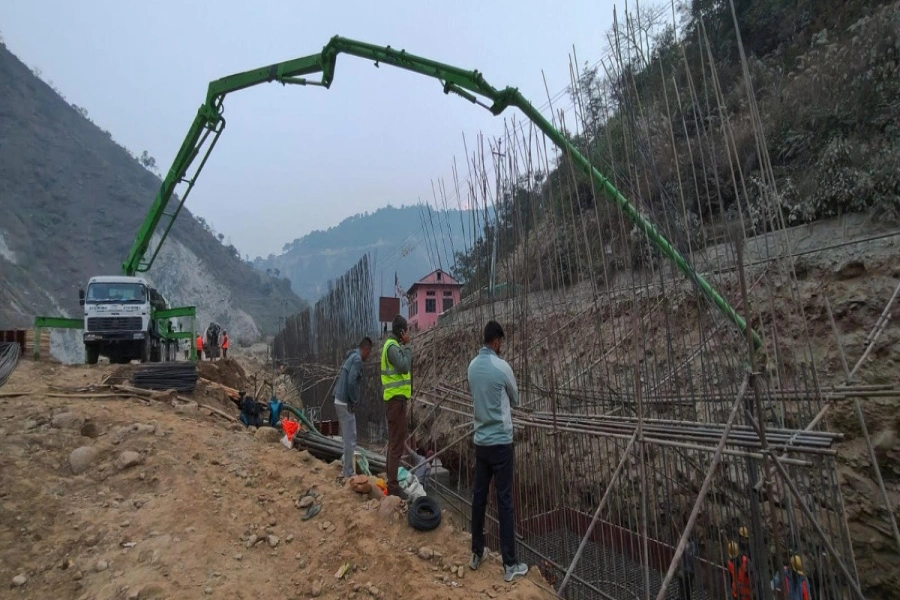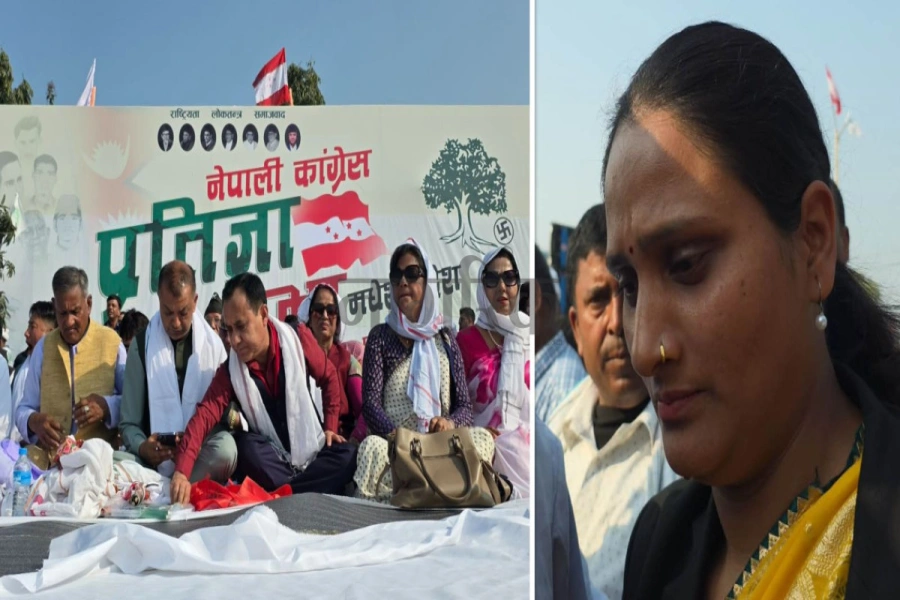KATHMANDU, Jan 15: A detailed study by Nepal Rastra Bank (NRB) has revealed that the financial condition of several institutions, whose stock market prices were inflated, is significantly worse than reported.
The NRB’s in-depth study about Pokhara Finance, Narayani Development Bank, and Janaki Finance has found that these financial institutions are in dire straits. Pokhara Finance’s bad loans were reported at 14.44 percent in its first-quarter statement, but NRB’s findings revealed a much higher 41.07 percent, along with a negative capital adequacy ratio. This prompted the NRB to take timely corrective action.
Similarly, Narayani Development Bank's first-quarter report showed bad debt at 34.81 percent and a capital ratio of 4.58 percent, but NRB found the actual figures to be worse, with bad debt at 42.53 percent. Janaki Finance’s bad debt was also higher than stated, at 38.44 percent, compared to its reported 34.64 percent.
Revised interest rate corridor system introduced

Despite these financial troubles, the stock prices of these institutions rose. Pokhara Finance’s share price increased by Rs 7 to Rs 529, Narayani Development Bank’s by Rs 87 to Rs 1,075, and Janaki Finance’s dropped slightly by 3.53 percent, with a share price of Rs 670.50.
In response, NRB has initiated corrective actions under its guidelines, which include restrictions on dividend distribution, salary increases, and expansion for these institutions. The regulator can set a deadline for the problematic financial institutions to improve their capital fund ratio in particular.
This follows a similar situation with Karnali Development Bank, which faced severe financial problems earlier, leading to NRB’s intervention. According to the law, the NRB can take the problematic financial institutions to merger and acquisition, scrap the operating license or to liquidation, provided the organizations concerned failed to improve their financial situation including minimum capital adequacy ratio within the time frame prescribed by the central bank.






































